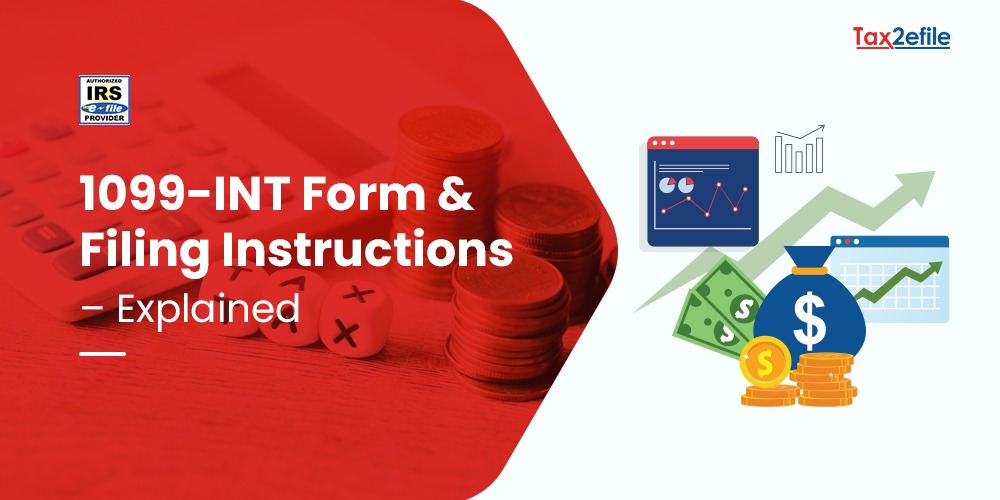- September 14, 2020
The Internal Revenue Service provides many free tools for small businesses in order to help them understand and comply with the law. The IRS product includes printable calendars, an online calculator, step-by-step guides, and a series of educational webinars that are readily available on the website of the IRS.
The federal law obliges the employees in the United States to withhold federal taxes from the wages of their employees. The IRS tools help all the small businesses to understand the requirements for reporting, withholding, and paying employment taxes. The IRS offers easily accessible information and specifies the employers on what forms to be used. In addition, it guides how and when to deposit and report the employment taxes.
IRS tools for Small Businesses
Discussing below, few of the IRS tools that help small businesses to understand the employment taxes.
Federal Income Tax:
Initially, small businesses want to figure out how much tax they need to withhold. In order to understand the process the employers of the small businesses by starting with Form W-4 of an employee and the withholding tables, this is described in the Publication 15, Employer’s Tax Guide.
Social Security and Medicare Taxes:
This tax, Social Security and Medicare Taxes is one of the taxes that are withheld by most of the employers from the wages of their employees in the country. This in turn is deposited with the matching share of the employer. The employers are responsible for withholding the Additional Medicare Tax on wages from the year 2013 that exceeds a threshold amount. The Additional Medicare Tax is not matched with any employer, certain type of compensation and wages does not come under this category, and they are not subject to withholding.
Federal Unemployment Taxes (FUTA):
Usually, the employers need to report and pay the Federal Unemployment Tax separately apart from the other taxes. The employee need not pay this FUTA tax or withheld from their pay. Every business pays Federal Unemployment taxes from their own funds.
Depositing Unemployment Taxes:
Employers are required to pay their employment taxes by making deposits to the federal tax through the Electronic Federal Tax Payment System (EFTPS). The tax amount, which is withheld for a period of one year, can determine when to make the deposits. The IRS tools such as Publication 3151-A, The ABCs of FTDs: Resource Guide for Understanding Federal Tax Deposits, and the IRS Tax Calendar for Businesses and Self-Employed
When the deposit delays or failure to do so will subject to a failure of deposit and it attracts a penalty of up to 15 %. The IRS waives this penalty if the employer has a good track of the history of filing the required returns and the taxpayer makes the payment on time. Additional information can be obtained from the IRS site, check Penalty Relief Due to First Time Penalty Abatement.
Reporting Employment Taxes
Employers state the compensation and wages, which they paid to their employees by filing the required forms and submitting them to the IRS. Forms like Form 940, Form 941, Form 943, Form 944, and Form 945 are filed for employment tax forms. E-filing these forms is an easy, accurate, and secure way
Employers must file their Form 944 every year, which has an estimated total of $ 1000 or less for the current financial calendar. The employers are required to give the employees with their Form W2, Wage, and Tax Statement at the end of each year. The form must contain information regarding the tips and other compensation.
The employers of small businesses must file the required Forms W-2 and Form W-3, Transmittal of Wage and Tax Statement along with the Social Security Administration and to the state or local tax departments if it is required.


